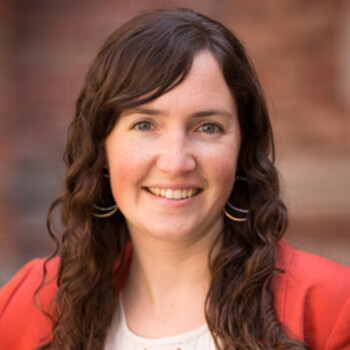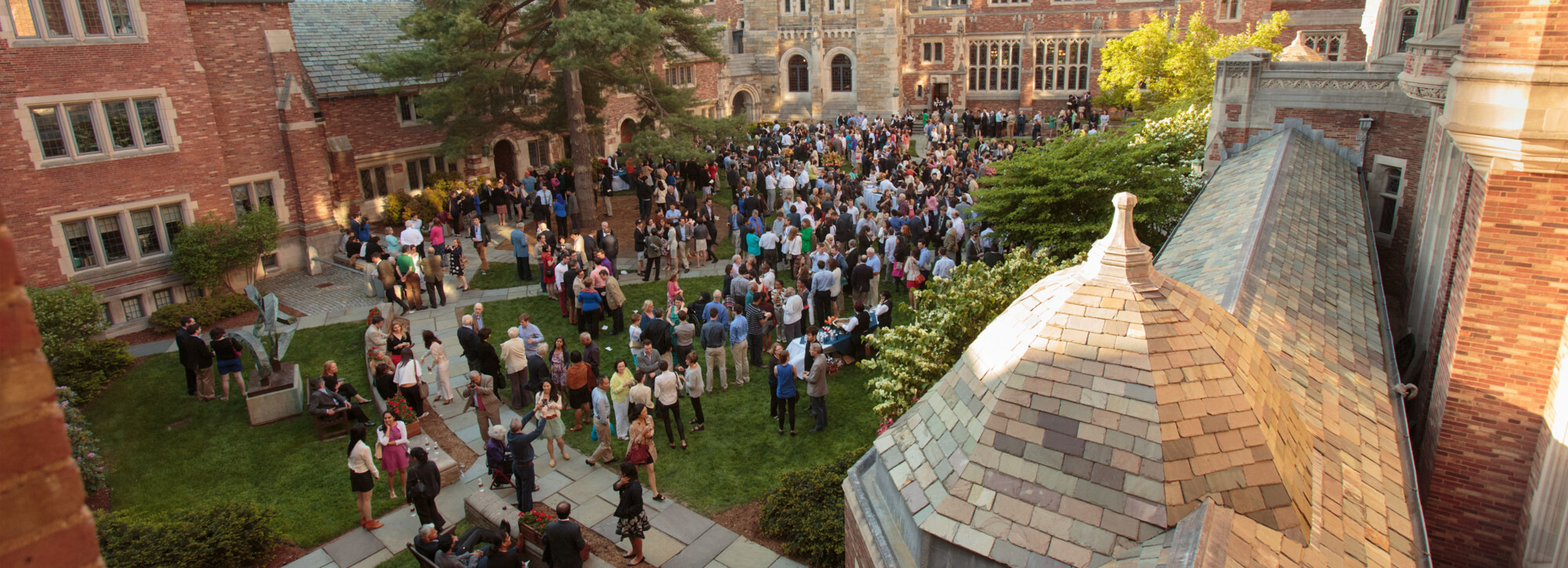
Starting a few years before I came to law school, I got in the habit of asking for short meetings or coffee dates with people who I thought had interesting environmental careers. I would ask them about their career paths, their advice for someone in my position, etc. I continue to do this, when possible, and it has been extremely helpful. In addition to make connections that have helped create job opportunities for me, it has also helped shape my ideas about the kind of career I want to pursue. While at Yale, for each of the three research papers I wrote, my research involved conducting interviews with people who worked in the relevant fields. That turned out to be another great way to gain perspective on the range of possible careers and make connections with people in the fields that interest me.
On campus, I was involved with the Yale Environmental Law Association, and I also took classes at the School of Forestry and made a point of spending time with Forestry students and attending events at the School of Forestry. That was a great way to tap into the environmental community within Yale, which has continued to be a great source of inspiration and support for me.
My 1L summer job was a Ford Foundation fellowship with the Indian Law Resource Center in Helena, Montana. I primarily focused on Indian law and Native rights (my other main interest besides environmental law), although a lot of my work also overlapped with conservation and environmental issues. The job was primarily policy-focused, so I knew I wanted to try a litigation-focused job for my 2L summer. My job at NRDC before law school had also been focused on policy and advocacy work, with some tangential exposure to litigation, so I was excited to try something where I would really get a sense of what it is like to be an environmental litigator. So I applied to Earthjustice, and I was lucky to get a summer internship in their Northern Rockies office in Bozeman, Montana.
The internship at Earthjustice was a great experience. The Bozeman office is relatively small (7 staff and two interns at the time I was there), and it is very laid back and friendly. People are smart and hard-working, but they work reasonable hours. As a summer intern, I got a chance to dig into concrete legal issues as they applied to the specific cases that Earthjustice was litigating. On a day-to-day basis, I spent a fair amount of my time doing legal research, usually online, and drafting formal or informal memos on legal issues. If a question came up, I would often talk through it with the other intern or with one of the attorneys. I found that all of the attorneys in the office were very open and willing to take time to chat—either to help with specific questions or to offer advice and mentorship more broadly. We also got to observe oral argument in a case that Earthjustice was litigating in U.S. District Court for the District of Montana, which was particularly fun and interesting.
Earthjustice has a widely varied docket across its different offices, and also sometimes within a given office. The Northern Rockies office focuses on regional issues like wildlife, rivers, public lands, and coal production. I enjoyed getting a chance to work on cases with different attorneys because it means I got a taste of the different types of cases they were working on, and I got experience with a variety of legal frameworks, from the Endangered Species Act and the National Environmental Policy Act to the Clean Air Act. Overall, I felt like I learned a lot about the environmental statutes and other law involved in the cases I was working on, and I also got great practice with legal research. Ultimately my summer at Earthjustice helped confirm that I am excited about pursuing a career in litigation, and it helped me hone the skills that have prepared me to start down that path.
Updated November 2021
